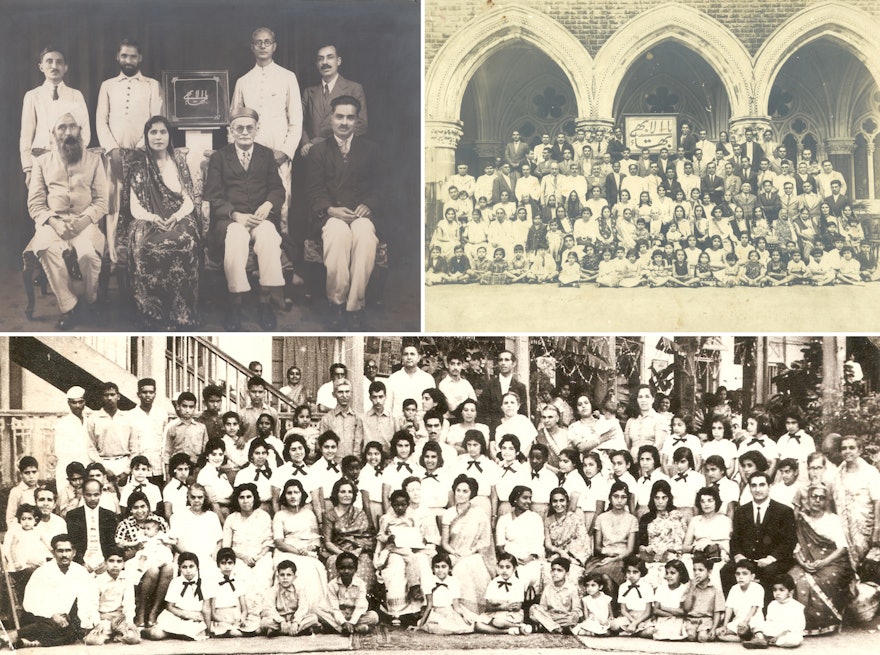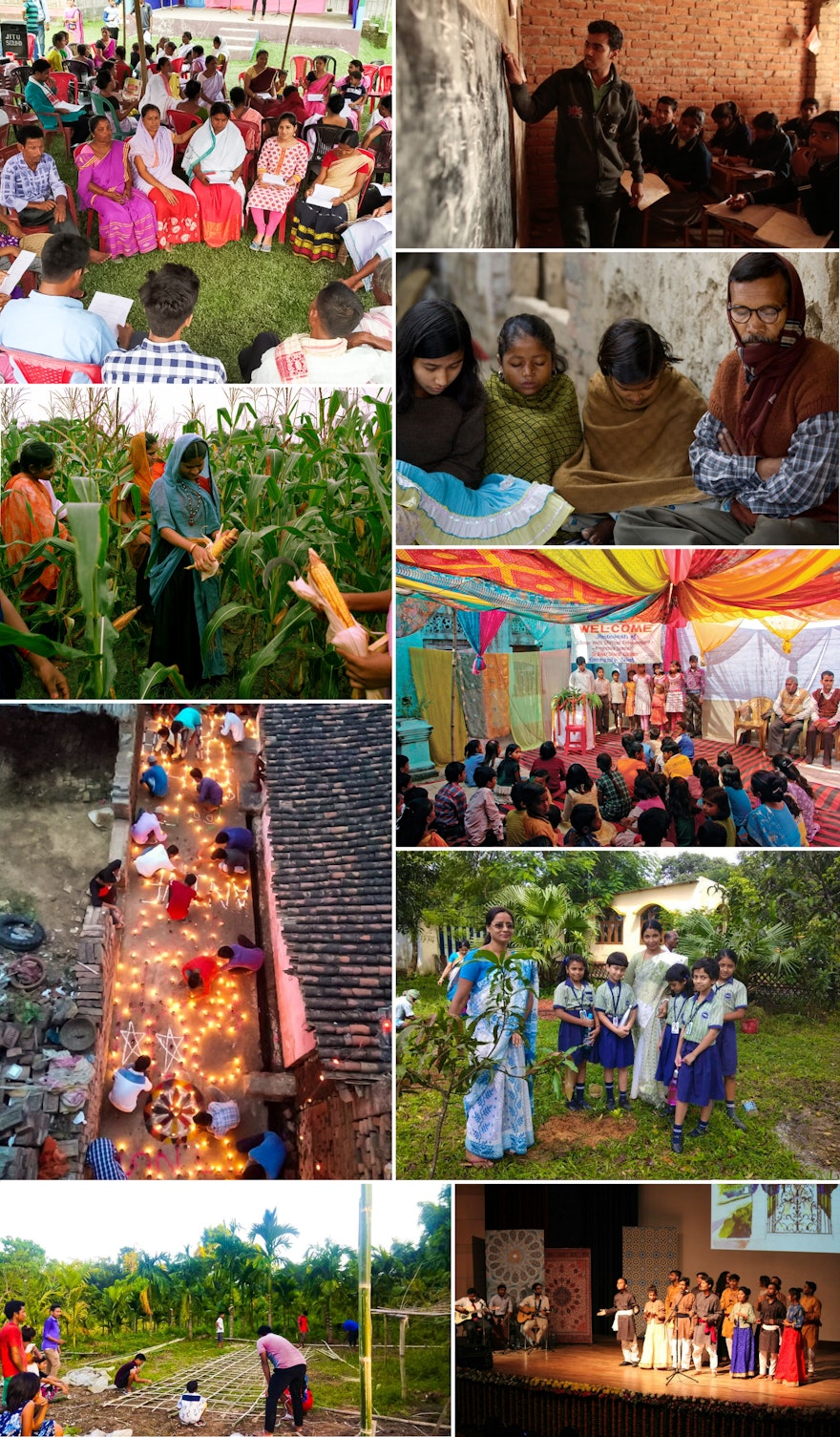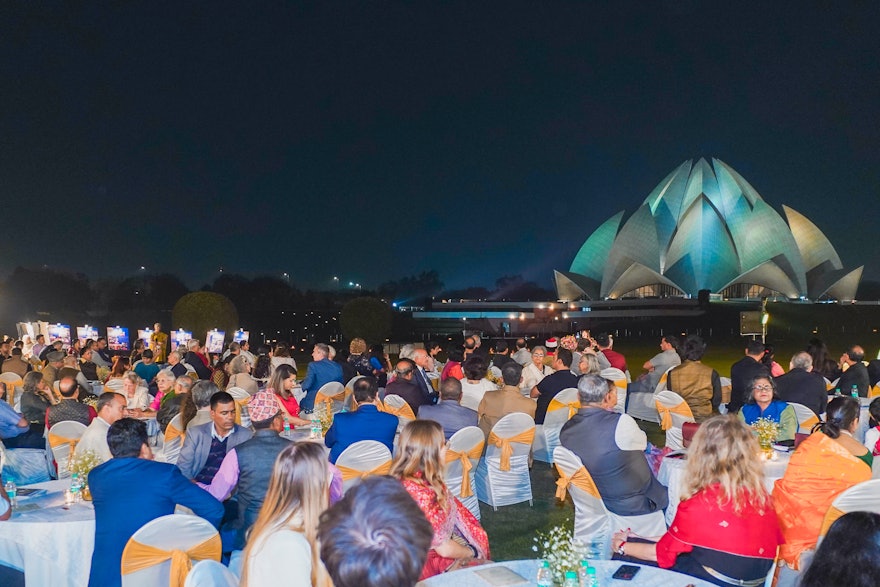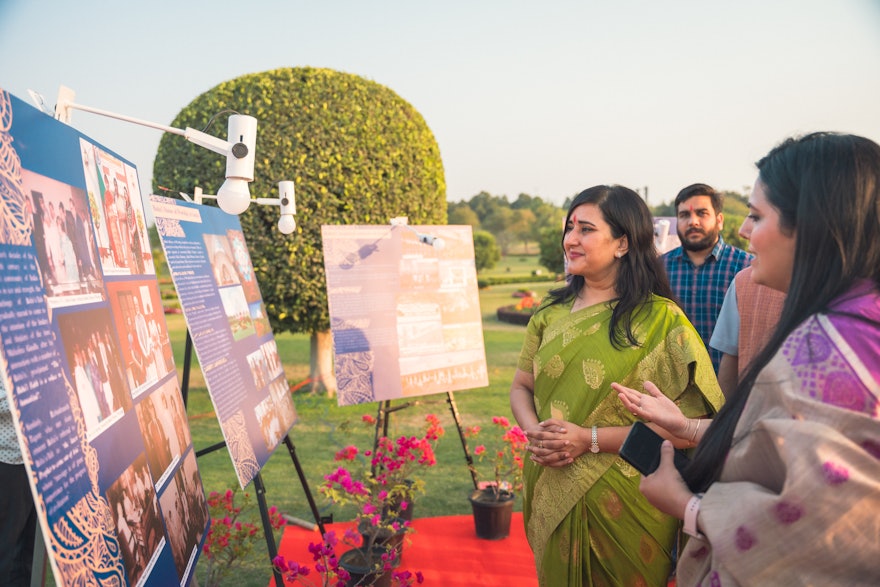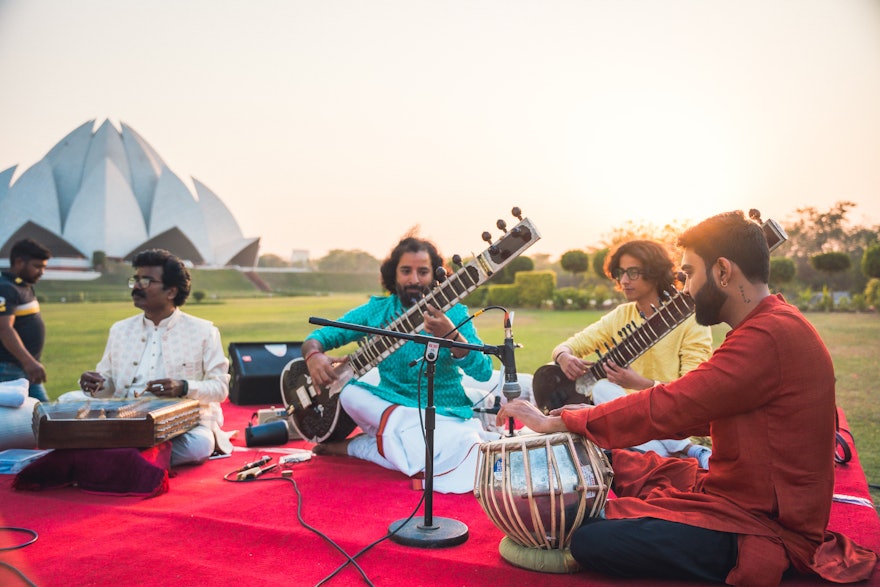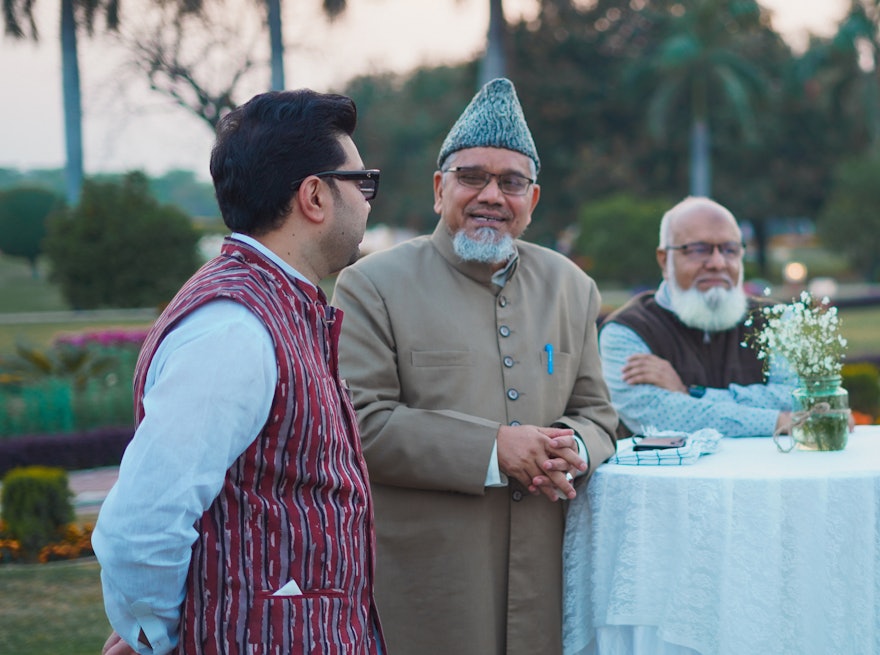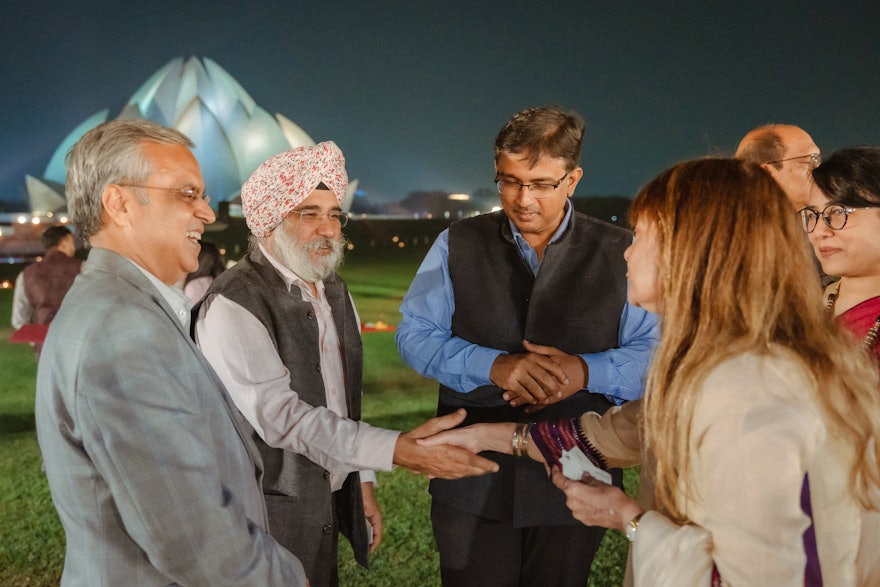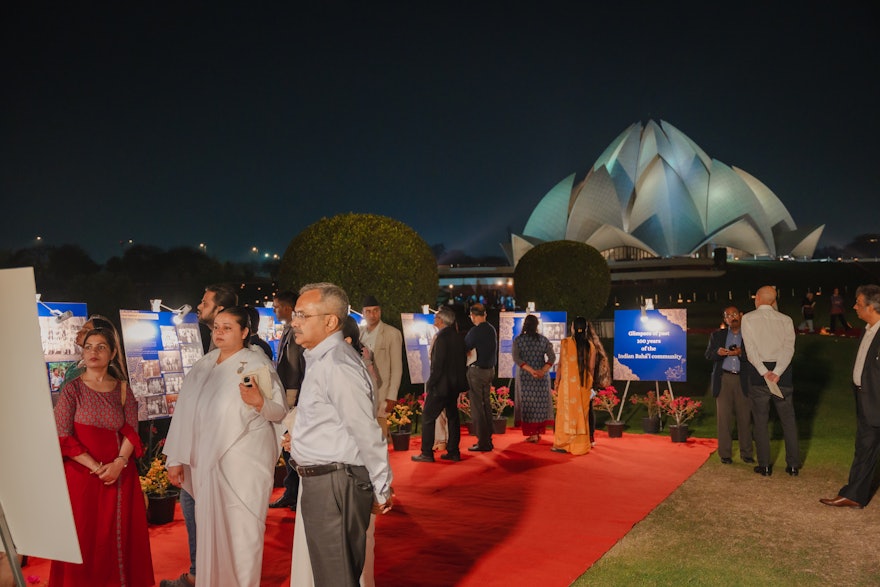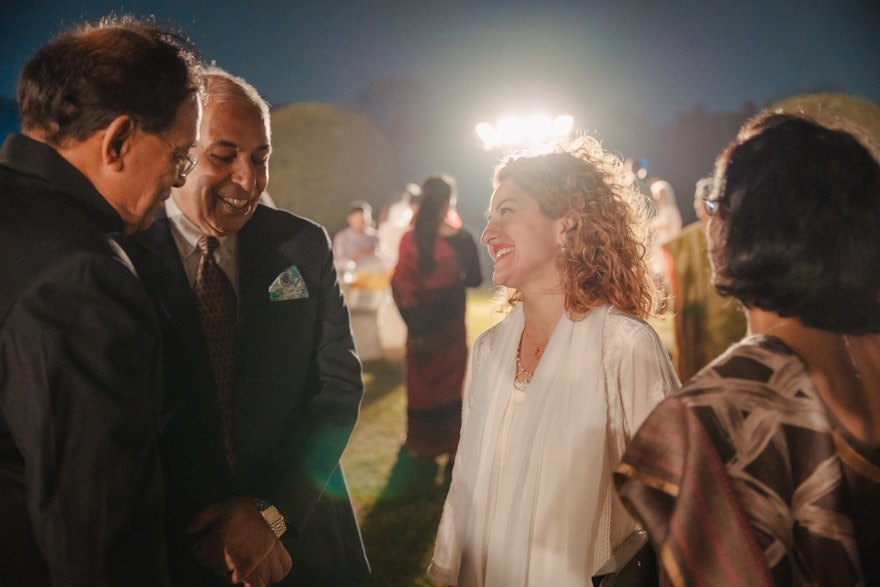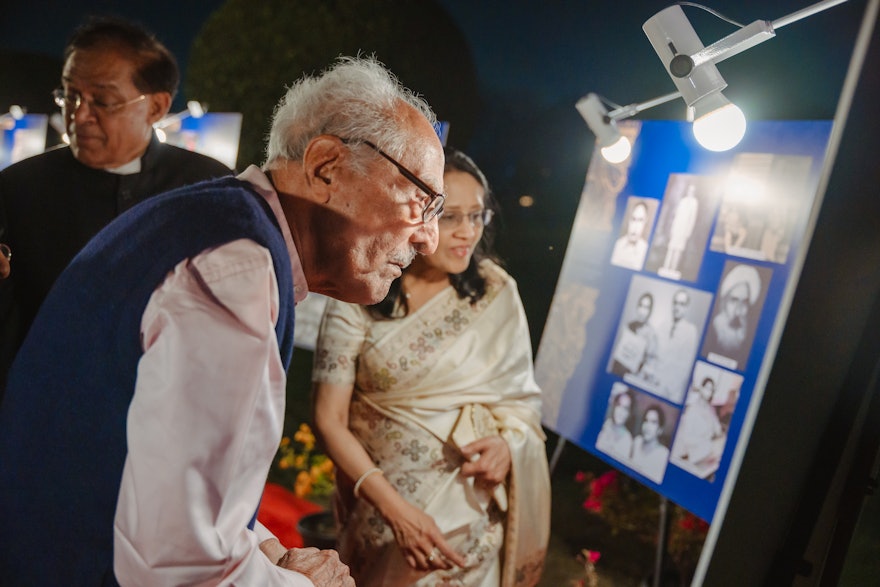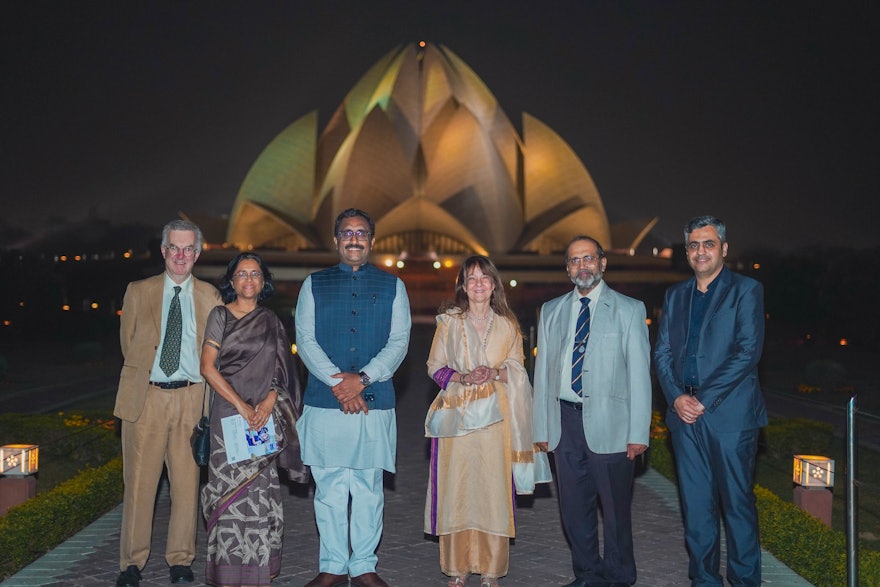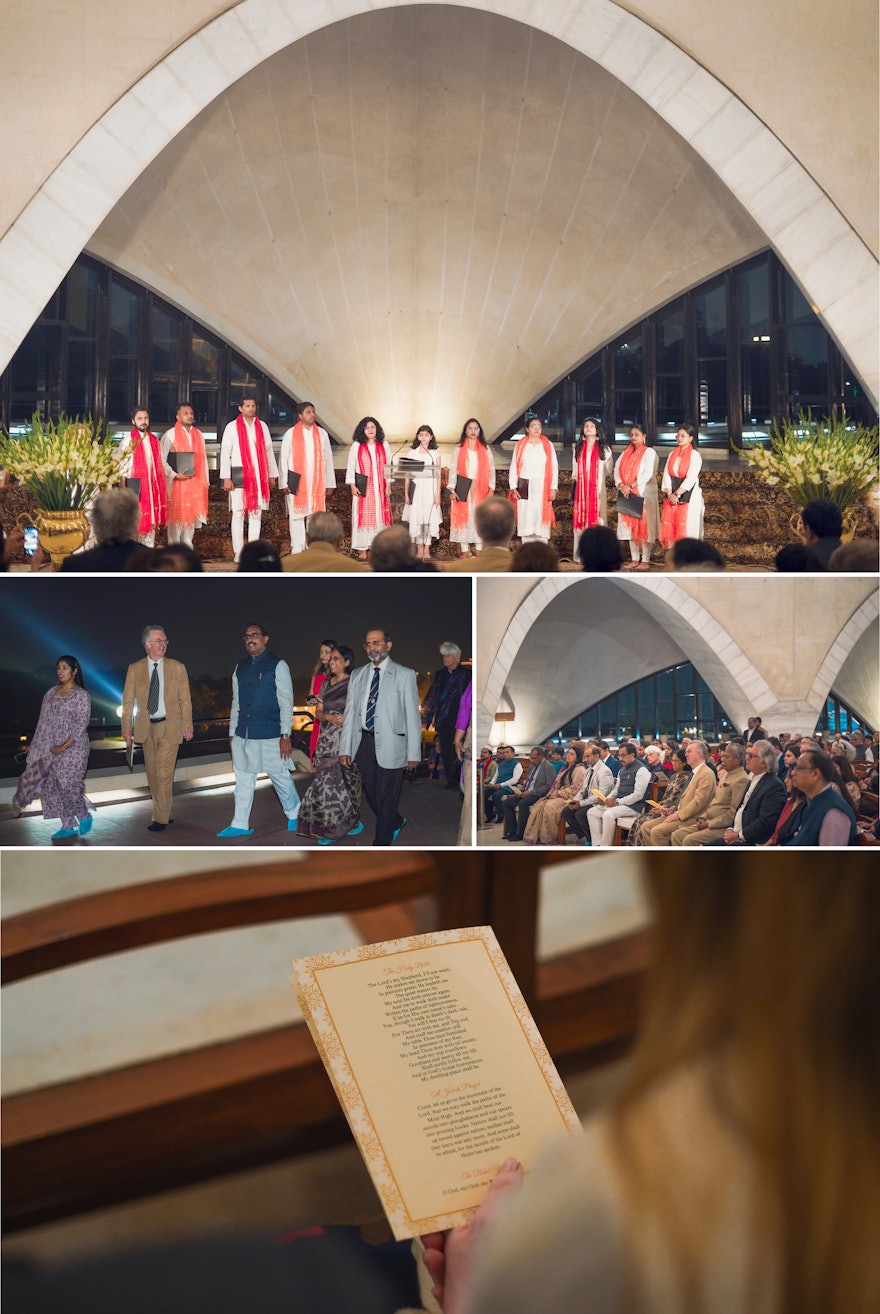“A solace to humankind”: Bahá’ís of India mark centenary at Lotus Temple
NEW DELHI — Over 250 guests, including government officials, interfaith leaders, and members of civil society organizations, gathered at the Bahá’í House of Worship in New Delhi to commemorate the centenary of India’s Bahá’í National Spiritual Assembly.
A message received from Prime Minister Narendra Modi, read during the gathering, expressed appreciation for the contribution of the Bahá’ís of that country to fostering social cohesion over the past century.
“Through its advocacy for gender equality, universal education, and grassroots community-building efforts, the Bahá’í community has emerged as a consistent advocate for social progress and unity,” the message stated.
Highlighting the constructive part that the Bahá’í temple in New Delhi has played in promoting social progress, the statement noted that it “has emerged as a universally acknowledged emblem of spiritual transformation. The Lotus Temple also stands as a symbol of inner peace and harmony.”
Among the distinguished guests was Ram Madhav, President of the India Foundation, who shared his personal reflections on the Bahá’í principle of the oneness of humanity and its resonance with Indian traditions, notably the concept of “living as one family.”
Dr. Madhav stated: “I think that is the central message of this great Faith. I only wish that in the coming years this message spreads far and wide.”
In her remarks, Nazneen Rowhani, Secretary of the National Spiritual Assembly, recounted the early history of the Bahá’í Faith in India during the mid-19th century and highlighted efforts to apply the Bahá’í teachings, “such as the oneness of humankind, the equality of women and men, the inherent nobility of every person irrespective of race, gender or caste, and the role of justice in the organization of human society.”
She detailed the community’s meaningful interactions with people from all walks of life, including prominent Indian leaders and thinkers, such as Mahatma Gandhi, who described the Faith as a “solace to humankind.”
Ms. Rowhani described how the Bahá’í teachings have inspired educational, agricultural, and community-building initiatives across India, particularly in rural areas. “These efforts carried out… by the most unassuming people without political power or immense economic wealth, represent a triumph of the human spirit itself,” she said.
Over 250 guests, including government officials, interfaith leaders, and members of civil society organizations, gathered at the Bahá’í House of Worship in New Delhi to commemorate the centenary of India’s Bahá’í National Spiritual Assembly.
Guests had an opportunity to view a display tracing the evolution of the Bahá’í community in India and its efforts over the past century to promote the principle of oneness, cultivate bonds of fellowship, and foster equality and moral education.
A group of musicians perform during the gathering.
Muhammad Salim Engineer (middle), the National Vice President of Jamaat-e-Islami Hind was among the guests who attended the gathering.
Participants at the commemorative event held on the grounds of the Bahá’í House of Worship in New Delhi.
Brahmakumari Sister Hussain (left-middle) among other guests viewed the display highlighting over 100 years of endeavors of the Indian Bahá’í community to contribute to social progress.
Attendees at the commemorative event.
The display included images from the early history of the Bahá’í Faith in India during the mid-19th century.
Left to right: Roger David Kingdon, academic; Geeta Gandhi, President and Managing Director of City Montessori School in Lucknow; Ram Madhav, President, India Foundation; Nazneen Rowhani, Secretary of the National Spiritual Assembly of the Bahá’ís of India; Alok Bansal, Director, India Foundation; Jaideep Mahalati, director of the Bahá’í House of Worship.
The gathering featured a devotional program in the House of Worship followed by presentations and dinner on the temple grounds.

